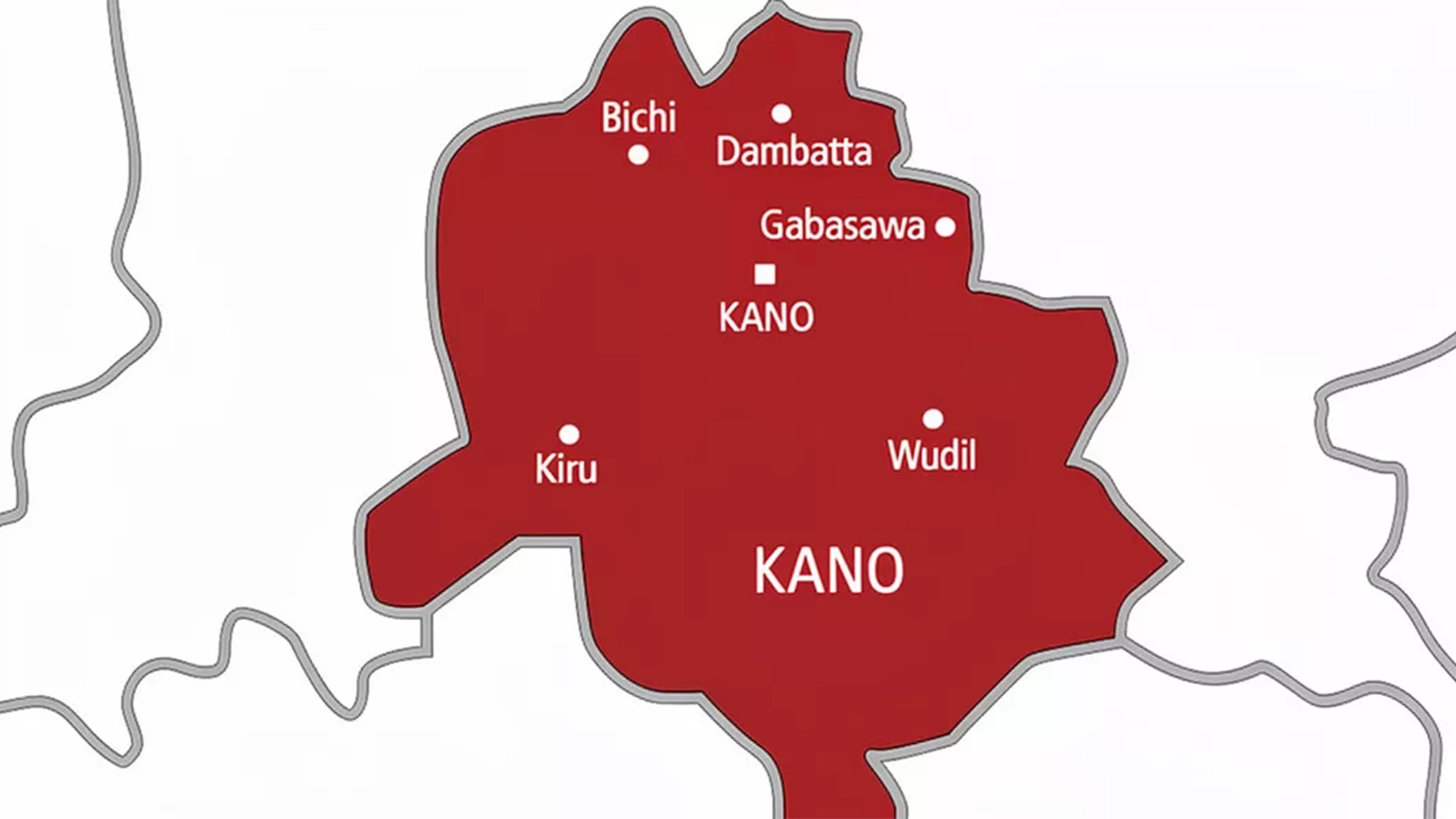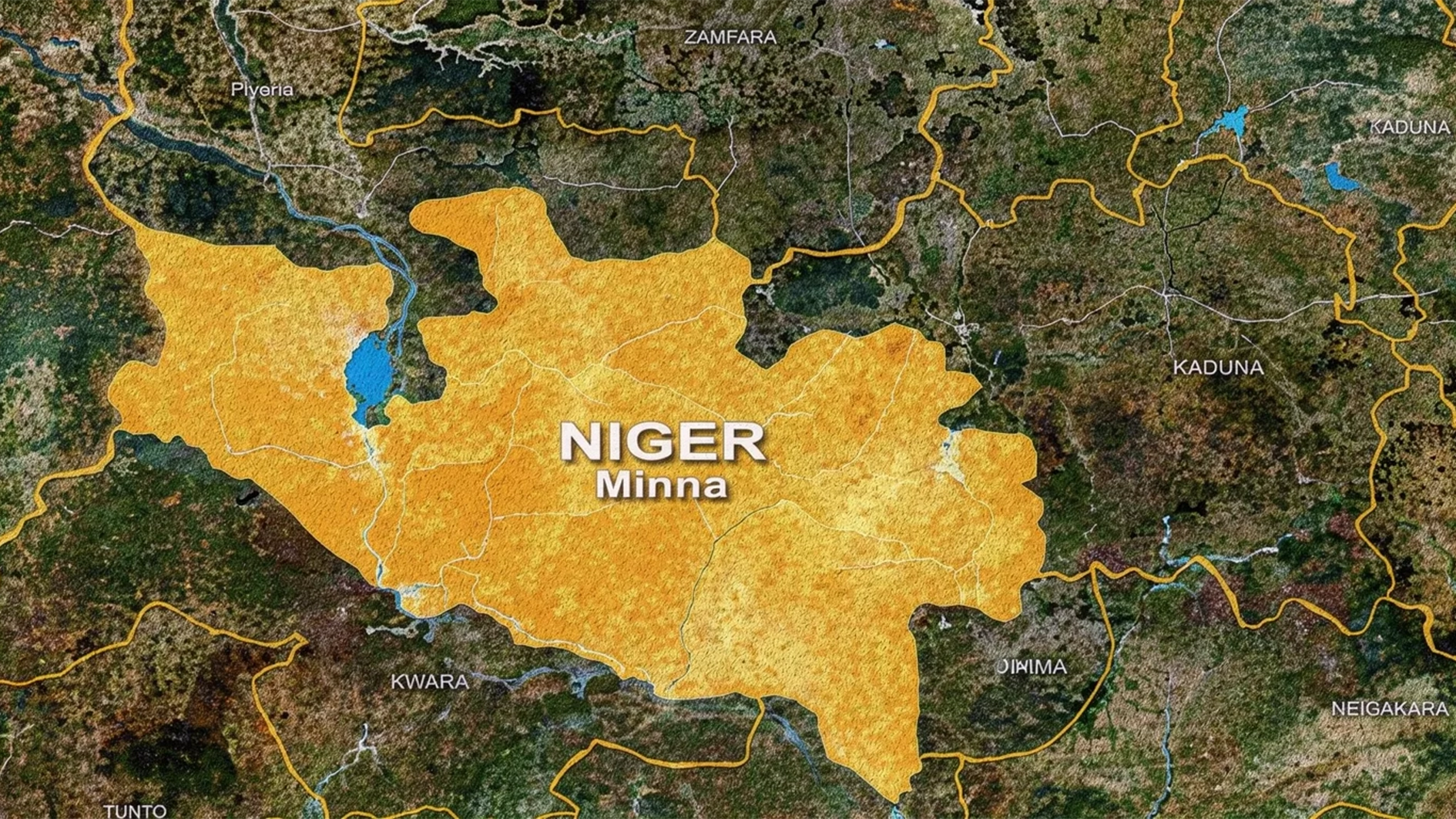
“In healthcare, every data point represents a patient’s life. Our challenge is transforming these data points into actionable insights to improve patient outcomes and reduce costs,” says Santosh Nazare, lead data scientist at Blue Cross Blue Shield of Michigan. This philosophy drives Nazare’s work in applying artificial intelligence (AI) to solve complex healthcare problems.
As Nigeria’s healthcare system faces the challenges of limited resources and increasing demand for personalized care, AI offers a potential solution. Local professionals and technologists, inspired by global experts like Nazare, are exploring how to apply AI to address Nigeria’s specific healthcare challenges. Nazare’s transition from physician to data scientist highlights the potential of healthcare analytics, particularly in resource-constrained settings like Nigeria.
Addressing the Challenges in Nigerian Healthcare
Nigeria’s healthcare sector in 2024 continues to struggle with a critical shortage of professionals, limited access to advanced technologies, and a growing burden of communicable and chronic diseases. These challenges are exacerbated by the financial strain on patients, leading many to seek treatment abroad, contributing to a $1 billion medical tourism industry. Additionally, inadequate infrastructure and complex reimbursement systems make it difficult for hospitals to deliver quality care, further complicating healthcare delivery in the country.
To tackle these issues, Nigeria needs solutions that are tailored to its unique context. Collaborative efforts between the government and private sector are essential in prioritizing healthcare reforms, increasing investment in health technologies, and enhancing the overall delivery of healthcare services. By focusing on these areas, the country can begin to overcome the barriers that have long hindered its healthcare system and move towards more effective and equitable care for its population.
The Potential of AI in Transforming Healthcare
Artificial Intelligence offers potential in addressing some of Nigeria’s healthcare challenges. AI can assist in predicting disease outbreaks, managing healthcare costs, and improving patient outcomes through personalized care. By analyzing local data, AI-driven models can help identify regions at risk of disease outbreaks, enabling early interventions that manage resources more effectively.
AI can also aid in tailoring treatment plans to individual patients based on their specific health data. This approach is particularly relevant in a country like Nigeria, where healthcare needs vary widely across different regions. By moving from a one-size-fits-all model to a more personalized approach, AI can contribute to more targeted and effective treatments, leading to better health outcomes for Nigerians.
Implementing AI: A Collaborative Effort
Santosh Nazare develops AI solutions by first gaining a deep understanding of the unique challenges in the healthcare sector. He ensures that AI solutions effectively address real-world issues. After conducting an analysis of Nigerian healthcare data, he focuses on designing AI models that align with clinical needs and integrate seamlessly into existing workflows.
By emphasizing technically robust and practical solutions tailored for Nigerian settings, Nazare adapts the models to meet specific healthcare needs, enhancing their effectiveness. Once validated, these models are implemented in clinical environments, where they can significantly improve patient care and outcomes. His dedication to context-specific solutions provides a clear path for successfully applying AI within Nigeria’s healthcare system.






